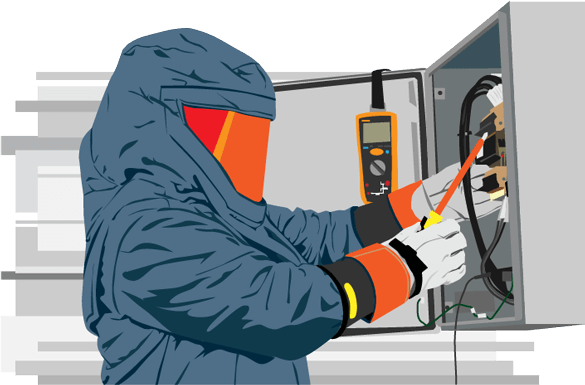The power quality equipment market is undergoing significant growth as industries, businesses, and households increasingly depend on reliable and uninterrupted power. Power quality equipment, including uninterruptible power supplies (UPS), surge protectors, voltage regulators, harmonic filters, and energy storage systems (ESS), plays a vital role in ensuring stable electrical systems. The occurrence of disruptions—such as power surges, voltage sags, harmonic distortions, and complete outages—can lead to costly equipment damage, operational downtime, data loss, and inefficiencies. As the global energy landscape becomes more dynamic with the rise of renewable energy sources and digitalization, the demand for power quality solutions is intensifying across all sectors.
1. The Rise in Power Quality Issues
The increasing occurrence of power quality problems, including voltage fluctuations, frequency instability, and harmonics, is a key driver in the growth of the power quality equipment market. Industries with high energy demands, such as data centers, telecommunications, and manufacturing, are particularly vulnerable to power quality disruptions. These disruptions can lead to downtime, which is costly in terms of lost productivity and damaged equipment. As businesses continue to digitize their operations and rely on sophisticated electronic systems, maintaining clean and stable power becomes essential.
For example, data centers, which are the backbone of cloud services and internet infrastructure, require constant, high-quality power to avoid disruptions in service. Power quality equipment like UPS systems and power conditioners protect these facilities from unexpected power interruptions and voltage fluctuations, ensuring business continuity.
2. Renewable Energy Integration and Grid Stability
The growing occurrence of power generation from renewable energy sources, such as solar and wind, has introduced new challenges to the grid. These energy sources are intermittent, meaning their output can fluctuate depending on weather conditions. This variability can cause voltage instability and power quality issues in the grid, which may lead to outages or inefficient power distribution. To address these challenges, power quality equipment such as energy storage systems (ESS), voltage regulators, and harmonic filters are becoming essential for stabilizing power and smoothing fluctuations from renewable sources.
Energy storage solutions help store excess power generated during peak renewable production periods, and release it when renewable generation dips or energy demand spikes. This aids in preventing voltage sags and ensures that power remains stable across the grid.
3. The Role of Digitalization and IoT
As industries move toward digital transformation, the reliance on continuous, high-quality power grows even more. The increasing use of IoT devices, smart meters, and real-time monitoring systems in sectors like smart factories, healthcare, and telecommunications demands that power remain stable and free from disturbances. Power quality equipment such as harmonic filters and active power conditioners are critical in ensuring that electrical systems support the proper functioning of these digital infrastructures. These technologies ensure that digital operations run smoothly without the risk of power-induced failures.
4. Increased Regulatory Focus on Energy Efficiency
The increasing occurrence of energy regulations focused on sustainability and energy efficiency is pushing businesses to invest in power quality equipment. Many countries are tightening regulations to reduce energy consumption and carbon emissions, and compliance often requires the adoption of advanced power management systems. Eco-friendly power quality equipment, such as solar-powered energy storage systems and efficient UPS systems, are becoming more common in industries seeking to meet environmental standards while also enhancing operational efficiency.
Conclusion
The power quality equipment market is expanding rapidly as the occurrence of power quality issues continues to rise across industries and energy sectors. With increasing reliance on renewable energy, digital technologies, and the demand for continuous, reliable power, businesses are turning to advanced power quality solutions to mitigate disruptions and improve energy efficiency. As the market continues to grow, innovation in energy storage, smart grids, and predictive maintenance will play a critical role in ensuring power reliability, grid stability, and sustainability. The occurrence of power quality challenges is, in fact, driving the evolution of the power quality equipment market, with industries and governments alike investing in solutions to safeguard their infrastructure.


